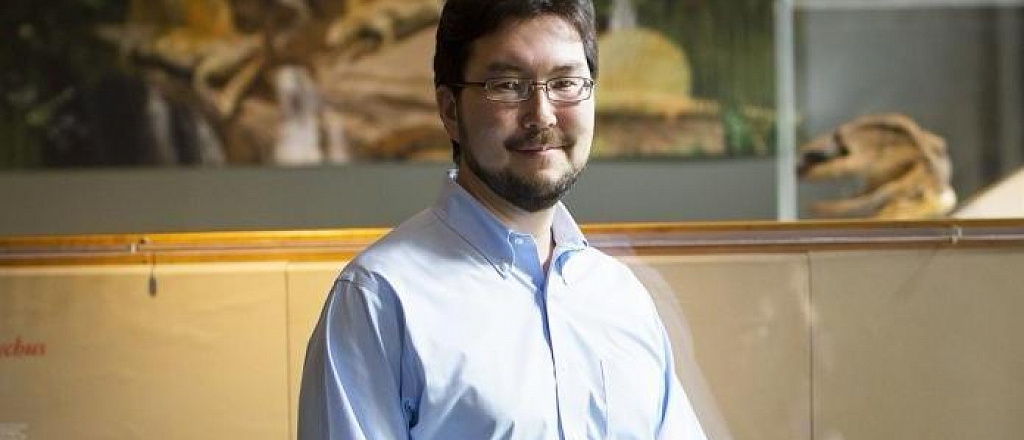Rosa Nurtazina, 60, from Astana
PhD in Political Sciences, Professor of the Political Science Department at Gumilev Eurasian National University
My father was a teacher for 40 years and I wanted to teach and do research as well.
I graduated from the Faculty of Journalism at Al-Farabi Kazakh National University in 1980. Being a teacher of Russian language and literature in a rural school, I was always willing to deal with science and teaching. I enrolled in a graduate school, worked as an editor, was a teacher at a university, started research.
While working in Astana I was invited to South Korea, Russia, Turkey and France
I lectured on values of the interethnic issue, ethnic and religious tolerance formation in Kazakhstan, public and interfaith dialogue.
I was invited to deliver lectures in Kazakh on the topic of "Socio-political modernization of Kazakhstan" at the Hankuk University for students learning Kazakh in Korea.
On the education abroad
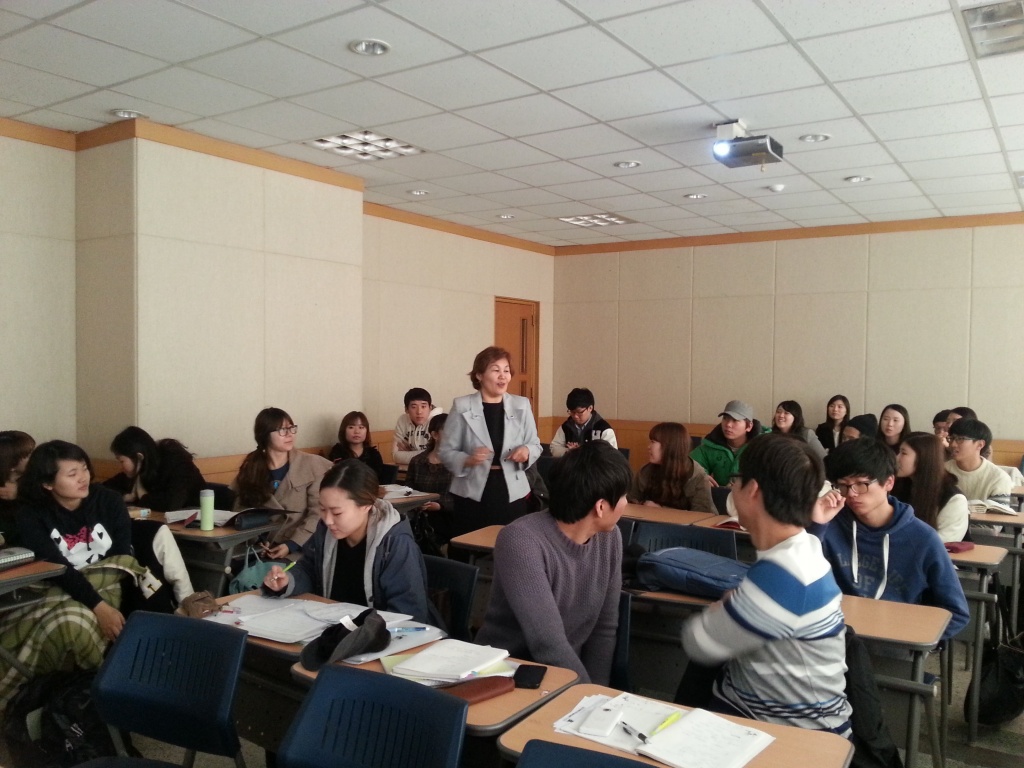
South Korean education is really different. Teaching staff comprises people of different nationalities, ages, cultures and religions. Famous scientists, bestselling authors, politicians, musicians, public figures, artists and many others deliver their lectures.
Communication between professors and students in Korea is simpler than here
Each teacher has office hours for any person to come for advice. Different people make discussions exciting.
Korean university life is similar to the European one. For example, defending dissertations is simplified including five opponents and a supervisor, while in Kazakhstan that process isn’t open. At the same time the defense is more difficult and works are rarely approved. However, once being approved, the degree is awarded on the same day.
In Korea there’s no need in international journals publications and h-index. Dissertations are accepted as the main scientific publication and then kept in the library.
On the work abroad
All the universities have pluses and minuses, e.g. private universities have less bureaucracy than the state ones. A teacher needing money for translation or a business trip sends an e-mail to the dean and immediately receives a response. There’re no HR departments, seals and signatures.
Salary is quite high, you don’t have to cut down on food to buy a book. In addition, there is a fairly high competition among university professors.
Arkhat Abzhanov, 43, from Almaty
PhD, Reader in Evolution and Developmental Genetics, Department of Life Sciences, Imperial College London and Researcher at Natural History Museum, London
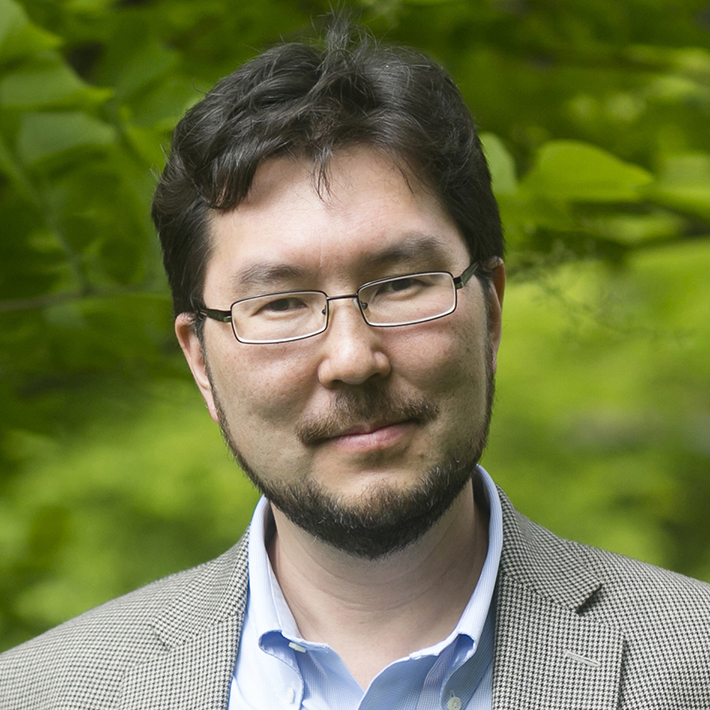
On science and teaching
I’ve been teaching at the University since 2004.
I always wanted to be engaged in science and teaching
Before moving to the UK, I worked at the Biological Faculty of Harvard University in the US. Now I have an adjacent position at two different scientific institutions: the Imperial College of London and the Museum of Natural History. My research includes some projects studying vertebrates’ head and face. Some members in my group working at the Museum are engaged in 3D computer tomography processing of animals skulls. My laboratory at Imperial College is studying the genetic mechanisms of development and evolution of the head of vertebrates.
On the education abroad
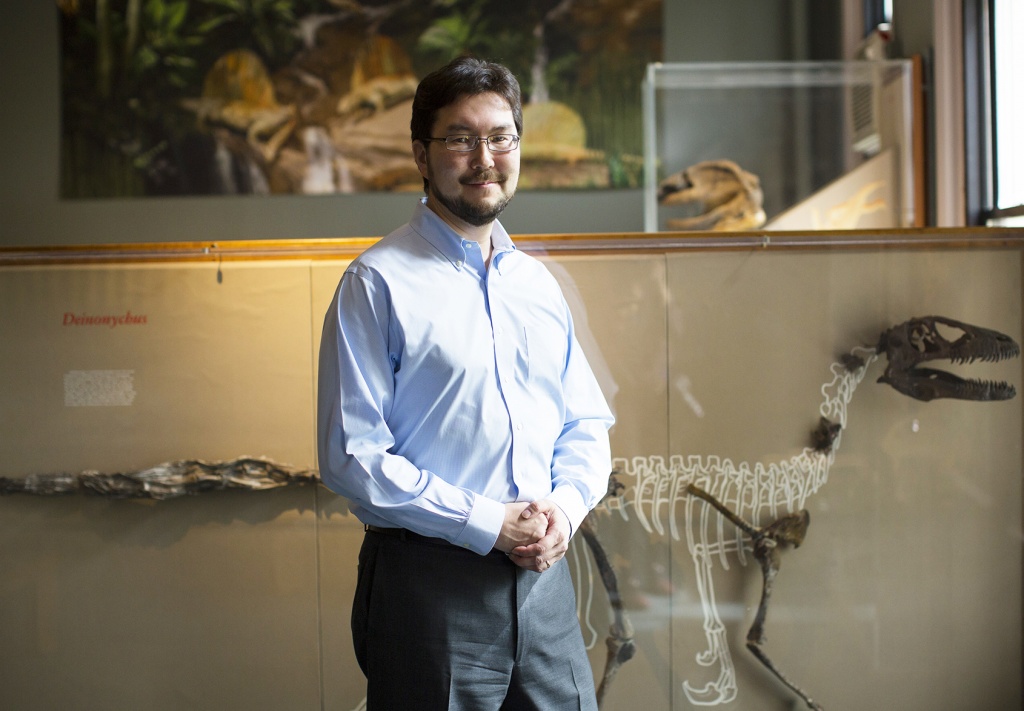
I cannot compare British and Kazakhstani educational systems, as I left Kazakhstan in the early 90 are when the system was Soviet.
As for British and American systems, English higher education has a limited choice of subjects. Besides, students are required to take a certain set of subjects focused on their major.
British universities guarantee certain knowledge and skills, whereas the educational system in the US is more flexible and gives students greater choice
American students have an interesting and useful schedule, yet it depends. In England it depends on the program and the university.
On the work abroad
American private universities have the best internal resources, while there’re fewer chances to be promoted at state universities
British universities provide better protection of teachers’ rights of. For example, now there is a large-scale strike of university professors throughout England on the issue of raising pensions, which are guaranteed by the universities themselves.
On plans
At the moment I’m planning to continue working in the UK as there I can realize myself better. Nevertheless, now I’ve heard of good financing and working conditions at Nazarbayev University.
Zhumaybay Bakenov, 51, from Ekibastuz
PhD, Doctor of Engineering (Japan), Professor of the School of Engineering Nazarbayev University, Director of the Center for Energy and Advanced Materials Science
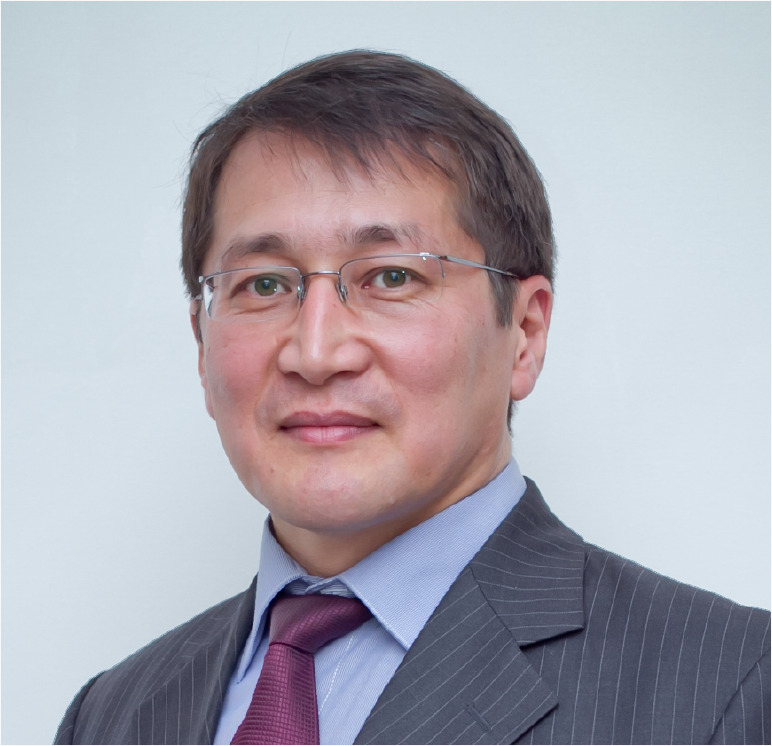
On science and teaching
I’ve wanted to become a chemist since the age of 12. I knew a professor at the chemistry department at KazGU and liked the things they were doing. Everything got more complicated when I graduated, and I was determined that I would work at the chemical faculty.
I started teaching in 1993, and went to work in Japan in 1999. We were invited to the faculty of chemistry for advanced training courses. I didn’t know either English or Japanese, but worked at the Tokyo Institute of Technology.
The first few months were hard, but six months later, having received the first project, I joined the work. In Japan I taught subjects for undergraduates and graduate students.
So, I worked in Japan, Canada, at KBTU. In 2011 I returned to Kazakhstan to be the first teacher of the School of Engineering in Nazarbayev University.
On the education abroad
Asian education is applied and aims at certain sciences
Free universities have a high degree of autonomy and a few requirements such as obey of educational standards. Kazakhstan national universities are moving to academic independence following NU.
Consulting is in demand in Japan. Such activities can make companies make good money up, but the thing is that they’re not interested.
On the work abroad
Japan differs from Kazakhstan. Professors at Japanese universities deliver 1-2 lectures a week. Therefore, professors have time to do research, implement projects of private companies and government.
We co-worked with students in Japan and processed courses and laboratories by applying the results of our joint research.
On plans
We’re actively working with our joint laboratory in China, I periodically leave for there and conduct seminars. Now we got a project in China, where we plan to attract a lot of students.







